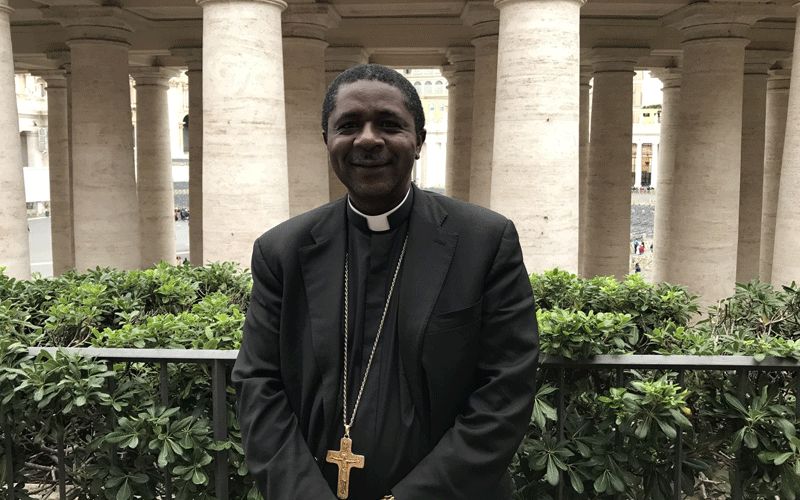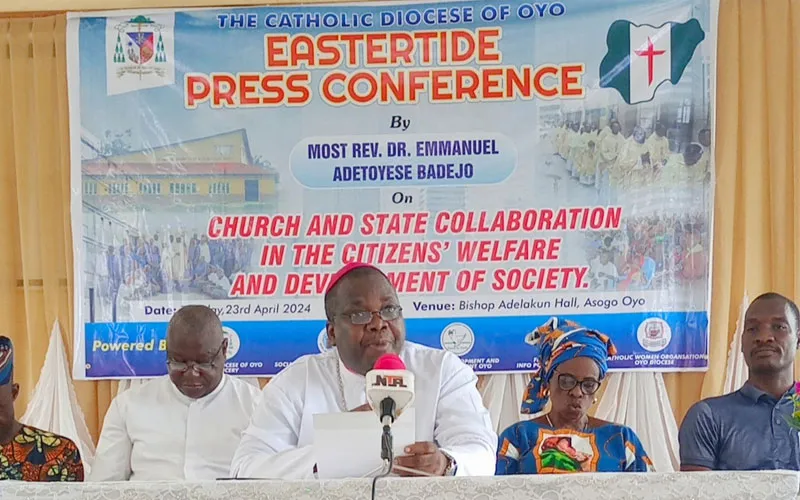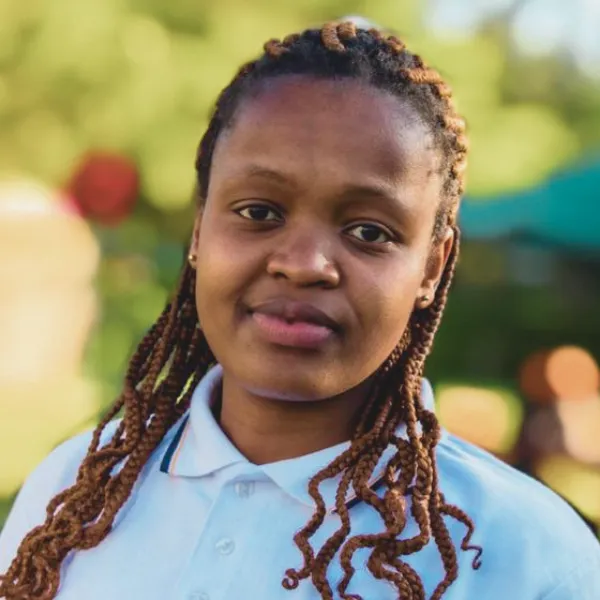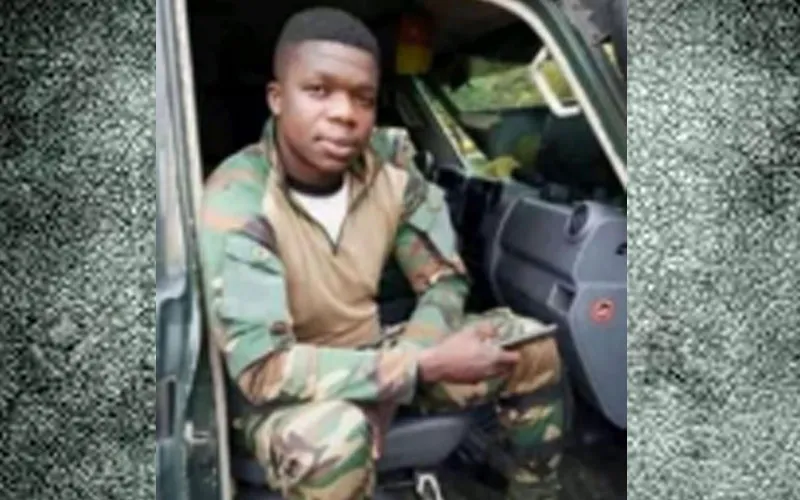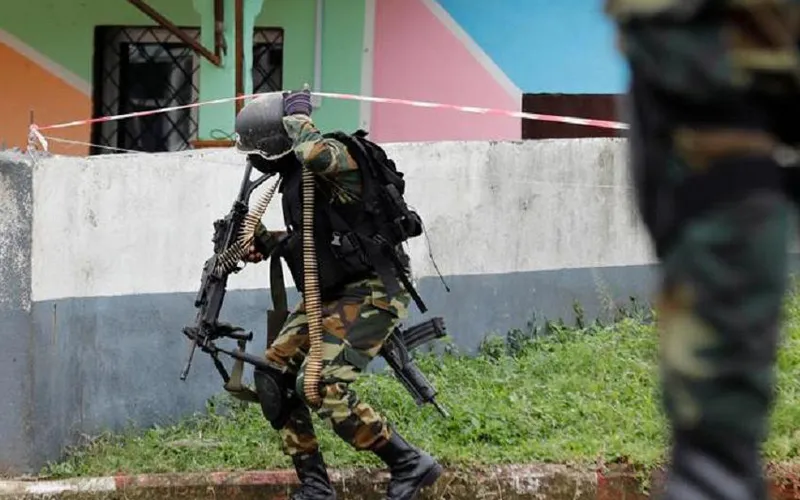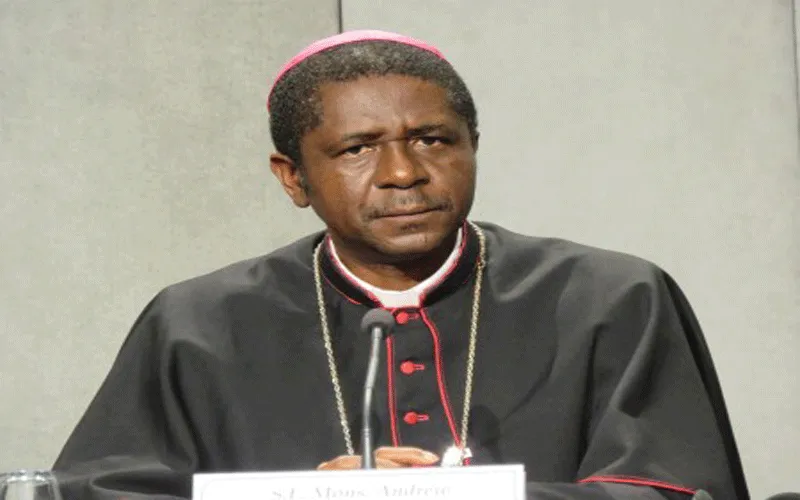Mamfe, 06 November, 2019 / 3:45 am (ACI Africa).
As Cameroon strives to find solutions to end the protracted Anglophone crisis, a Bishop in the central African nation has raised concerns about the seeming mistrust between civilians and the military and encouraged the re-establishment of trust as a recipe for lasting peace.
“There is complete breakdown of trust and confidence between the military and the population,” Bishop Andrew Nkea of Cameroon’s Mamfe diocese told ACI Africa in an interview and added, “We must rebuild that trust.”
Bishop Nkea identified the involvement of the military in the reconstruction of civilians’ houses that were torched during the crisis as a concrete way of restoring the trust between the two entities.
“It is very difficult to go and see someone in Nigeria sleeping under the bridge and you say come back home,” Bishop Nkea said hinting to the state of life of refugees and added, “the military must be actively involved in reconstructing the houses, it will help to restore some confidence.”
He also called for an end to counter attacks between the military and the separatist fighters popularly known as “Amba Boys” because, “in the end the civilian population is suffering.”



